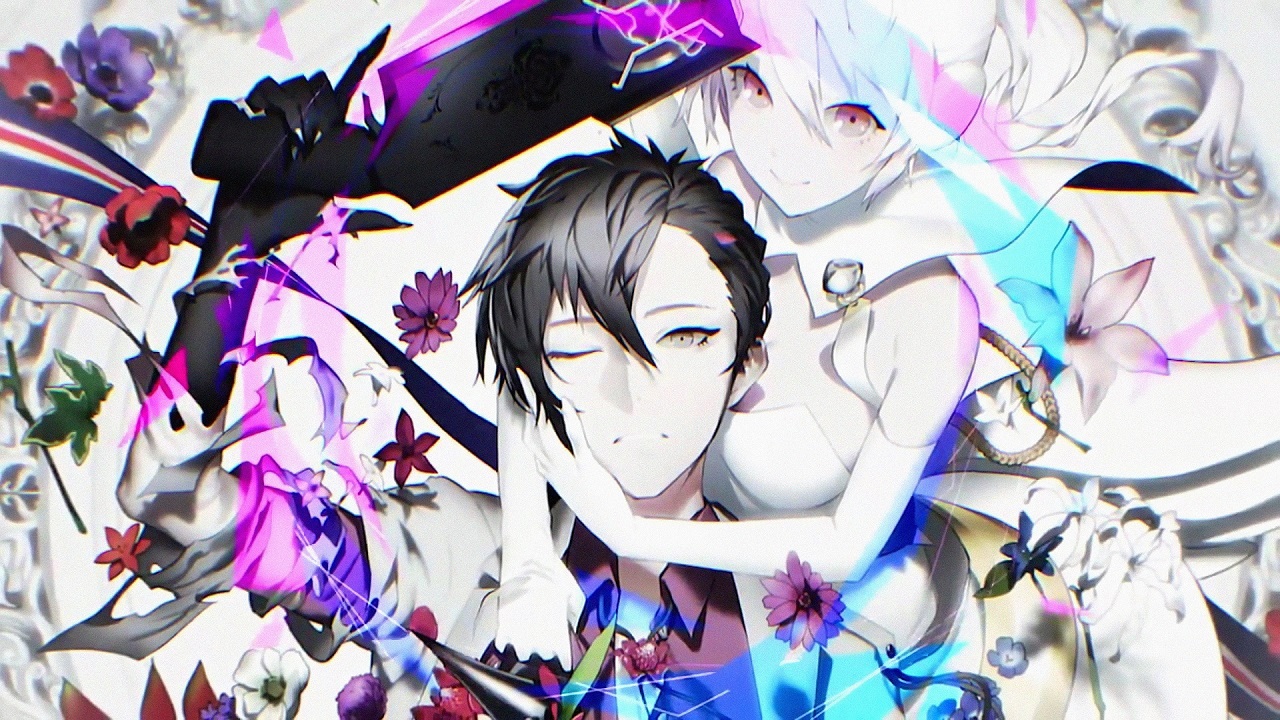
I haven’t played the original version of The Caligula Effect, so I can only view the game as a stand alone project rather than a remake, but even going in blind has not been able to spare me from what is an unrelentingly boring experience. In fact, the only thing that stands out to me about Caligula Effect: Overdose is just how much it feels like someone took a bunch of JRPG and anime tropes and threw them into a blender. Sadly, this is one trope smoothie that I can’t see anyone being eager to drink.
Caligula Effect: Overdose
Publisher: Nippon Ichi Software America
Developer: Aquria
Platform: Windows PC, Playstation 4, Nintendo Switch (Reviewed)
Release Date: March 12, 2019
Players: 1
Price: $49.99 (Review Copy Received)
When I saw that Tadashi Satomi (the writer behind Persona 1 and Persona 2) was the writer behind Caligula Effect, I was excited. I wanted to see the kind of game that he would develop when given the opportunity to run wild.
I will admit that I have a hard time getting into the first two Persona games as they’ve not aged particularly well in my opinion, so getting to see his style in a modern game was exactly what I wanted.
Sadly, what I got felt like little more than a blend of so many different tropes and styles. Not a single aspect of Caligula’s story felt new or unique to me at all.
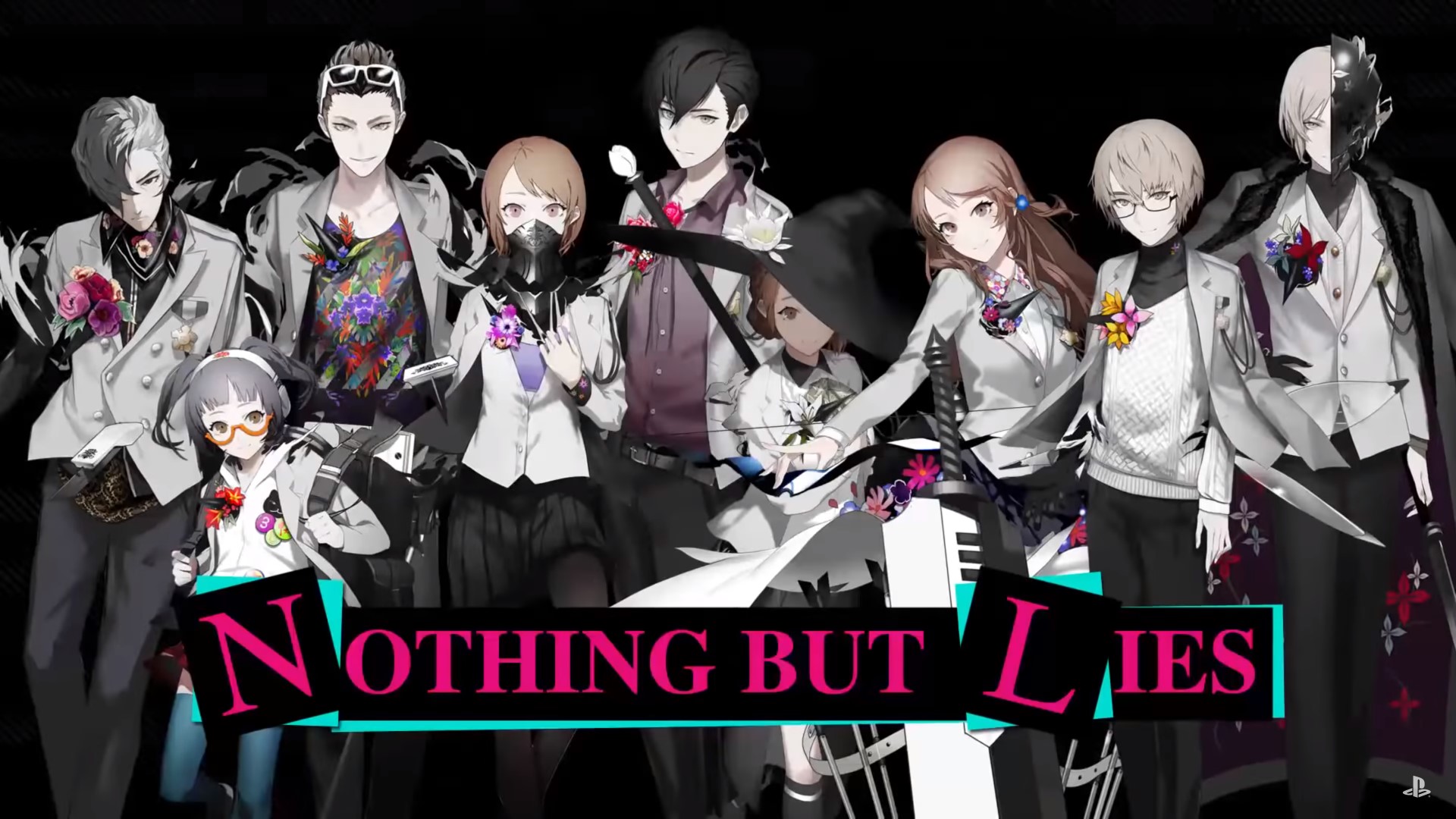
You play as a high school student and member of the ‘Go-Home Club’. The game opens with your character, which this time around can be male or female, in a high school entrance ceremony.
You are asked to get on stage to give a speech, but as you do, you notice that some of your fellow classmates just do not look right. In a panic, you run out of the school and into the world, where you notice that even more people look strange.
That is when you realize you’re not in the real world anymore, but instead in a simulation called ‘Mobius’. The only problem is, now that you’re here, you don’t know how to leave. What makes matters worse is one of the creators of this virtual world, μ, does not want you or anyone else to leave.
Before too long, you meet up with other classmates who have realized that they are in a simulation and wish to find a way out, and they have created the ‘Go-Home Club’ to try and find a way out.
They hide in the high school’s music room, and since the world is a simulation with everyone too busy listening to idol music, there’s no reason to join a music club.
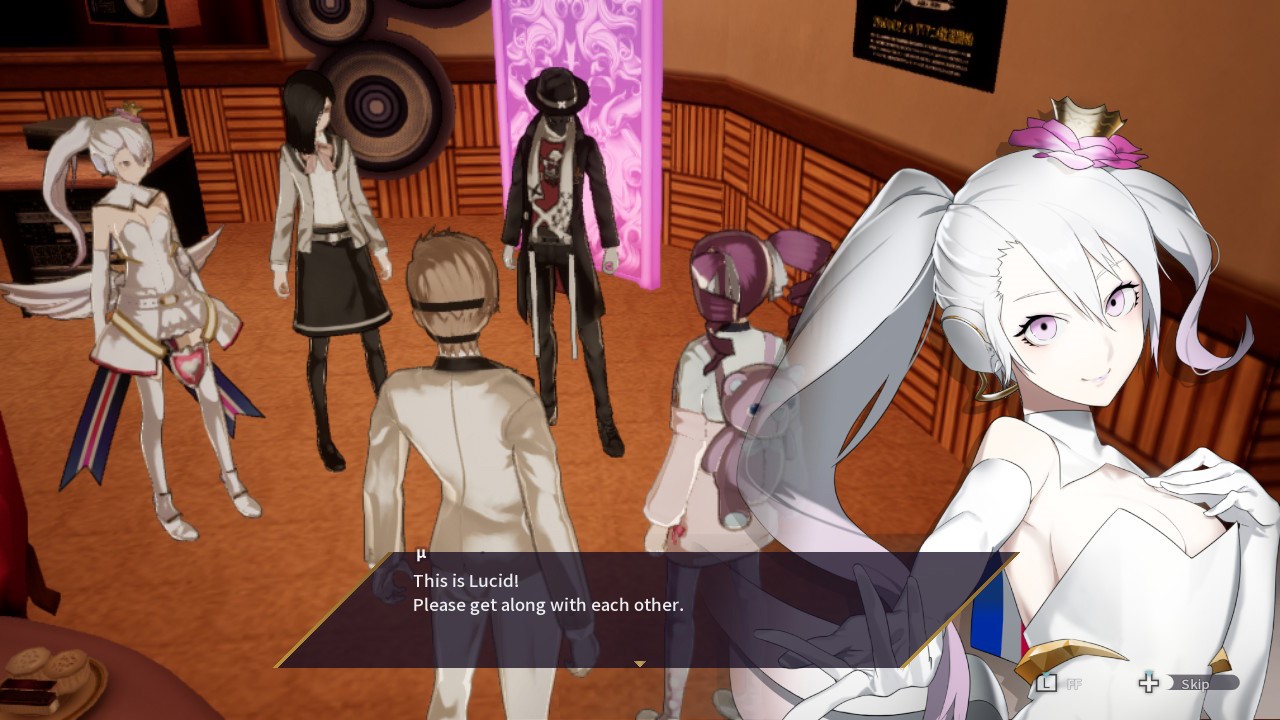
The game’s themes are very music-based, the two creators of ‘Mobius’ are virtual idols, and the band of villains you deal with during your adventures in ‘Mobius’ have a musical theme to them as well.
Music is even used to help people unlock their true powers. It’s a cool idea, but not one that really sticks with me, nor does it stand out as anything that feels unique or original.
Gameplay is another area where upon looking at trailers I had high hopes, but found myself disappointed and disinterested after only a few hours. Combat works in a turn-based fashion, but with an interesting twist; when you select an ability, you will see what will happen around you after they happen.
For example, if you choose an ability that counters a melee attack, it will show you the attack, counter, and other enemy’s attacks as well, which allows you to cancel the move and select another ability to better suit the situation.

As I said, this was actually a really neat idea; the only problem is that after the first few enemy encounters, I found myself just spamming my basic attacks to get through fights, and never really felt as though it was necessary for me to switch it up.
Another key feature of the game is that there are over 500 other students that you can befriend and get to know, much like social links in the Persona games. When you max out these relationships, you can gain traits to help improve your characters further.
The only problem is that this in an incredibly tedious and unrewarding idea that leaves you with no sense of accomplishment, and much like the game’s combat, quickly got so boring to me that I just stopped trying all together to talk to NPC’s.
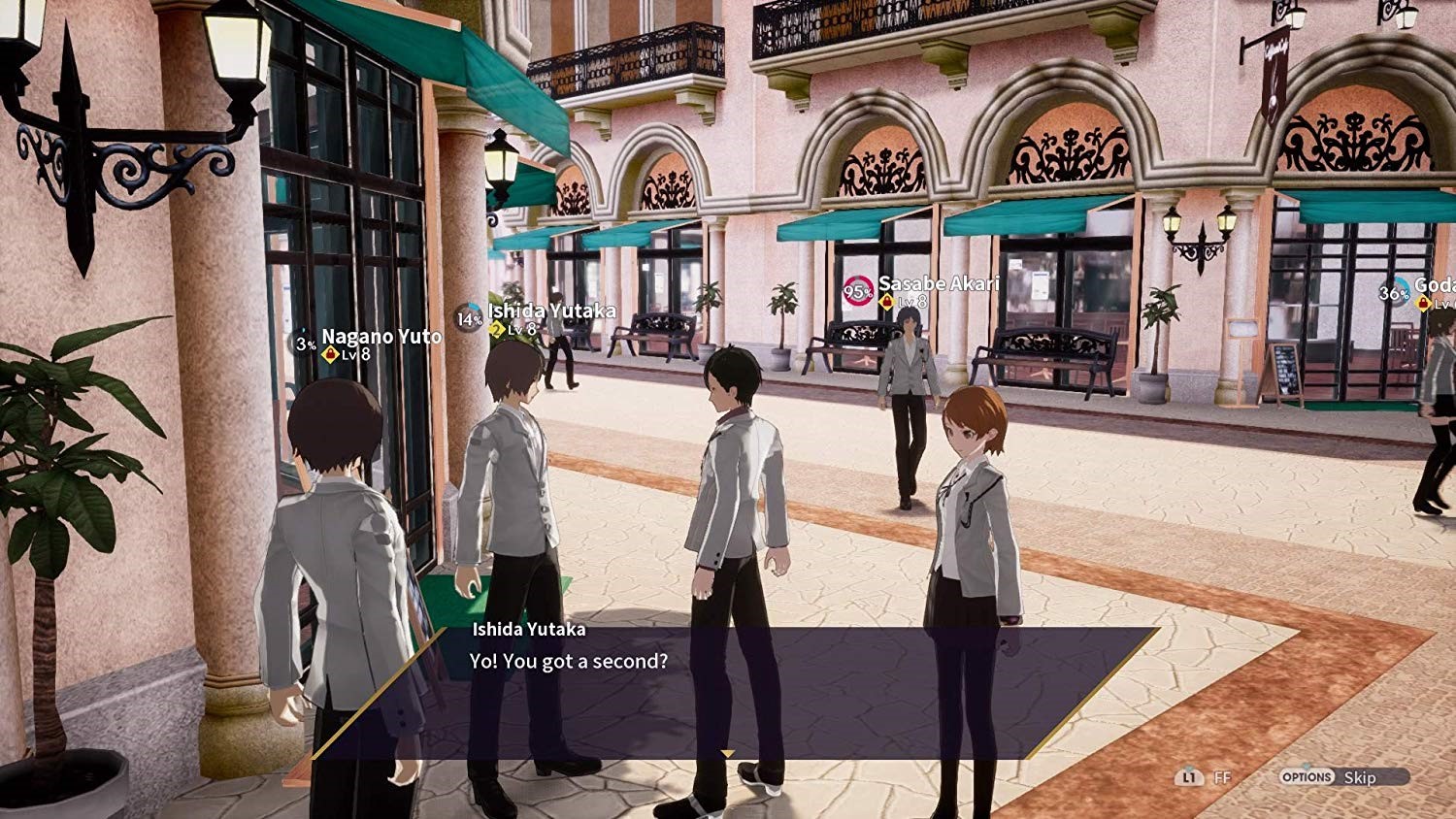
What makes matters worse is that the performance of the game on the Nintendo Switch is severely lacking. Battles with only five people on screen can make your game start to slow down, and really took me out of the fun.
A battle with a full party and only two enemies made the framerate chug so badly I thought I may have been doing something wrong, or hit a slow-mo button by accident. Sadly no, it was just running that slowly.
This really confuses me because if the game looked incredibly pretty, I would understand why it would run so badly undocked, but the game’s graphics are not even all that fancy for how badly the game was performing.
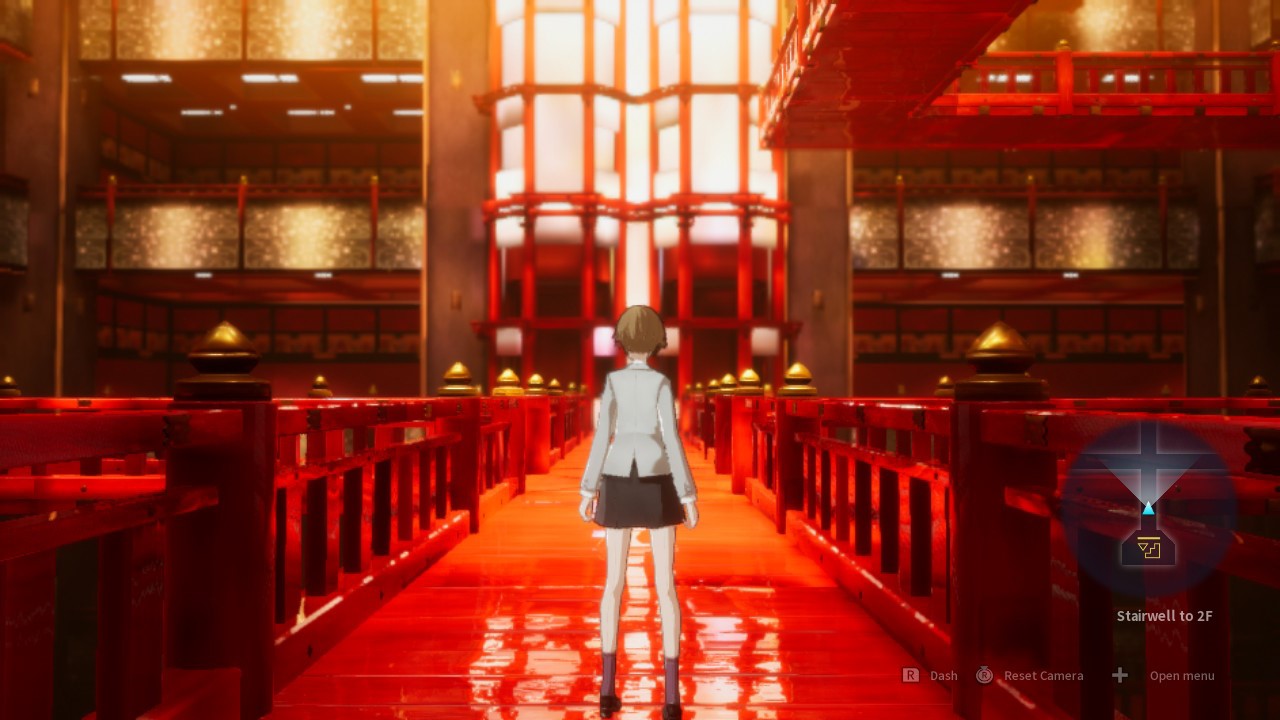
The game’s graphics can be split into two key areas, the art and the in-game graphics. The art was done by the incredibly talented Sugimoto Gang, also known as Oguchi.
Unfortunately their artwork was in service of a game that was lackluster in almost every aspect. The character designs of Caligula Effect are pretty spot on, and were the main thing that drew me towards the game in the first place.
Unfortunately, when you transfer those designs to the in-game graphics, it leaves a lot to be desired. There’s nothing that pops or stands out at all about the world or the setting.
All the character models more or less look the same, and I never found myself going “Wow that looks great!” None of the graphics were good enough to help me justify overlooking the game’s glaring flaws.
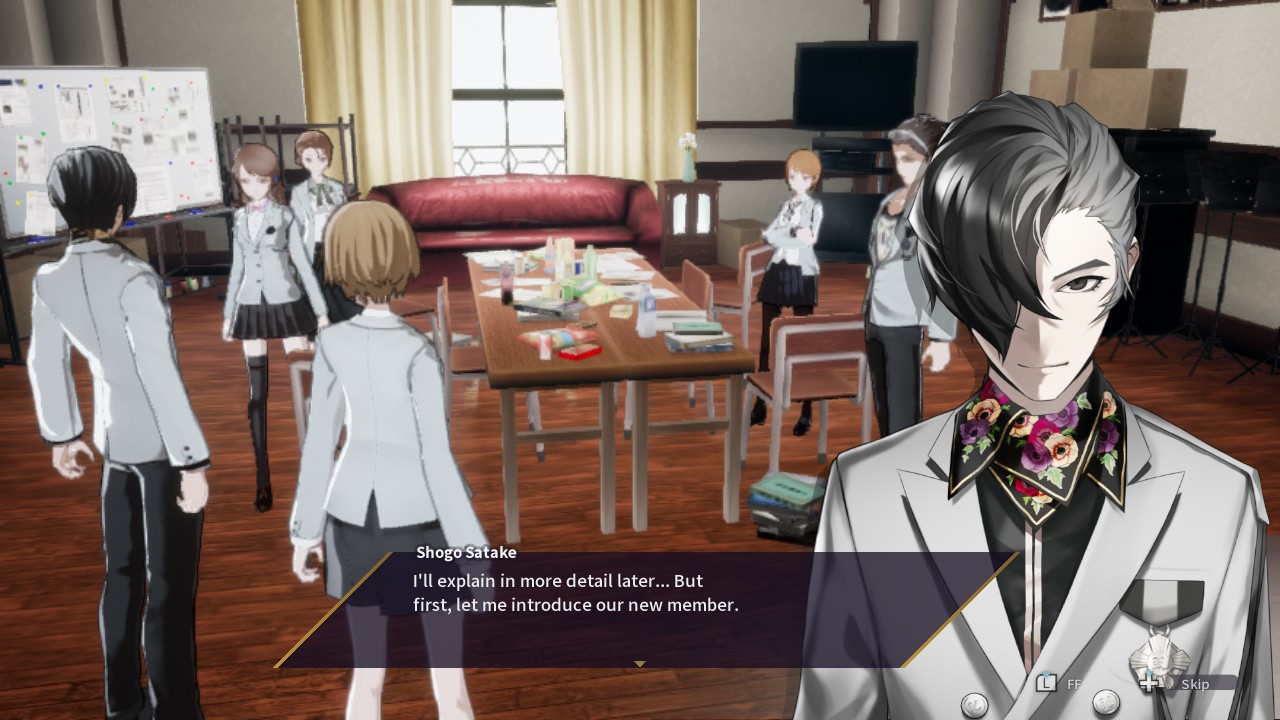
The sound design of Caligula Effect: Overdose is where I might lose some more people. Because the key element of Caligula Effect is music, I would hope at least that would be good, but no, not even the music was enjoyable to listen to. It all sounded the same, and was grating to hear from beginning to end.
I wonder if that was done on purpose since the people you’re after are virtual idols, and they wanted to make the music sound terrible on purpose to help the player visualize their fans were in fact brainwashed, but because I don’t have confirmation on that, I feel mean just saying it.
Turning down the volume doesn’t hurt anyway, because none of the voice performances stand out in any way, shape, or form. All the characters are so cliché that their performances do little to move the copy-pasted stereotype of their character. “Oh, here’s the hothead; he yells a lot. There’s the shy girl; she is soft spoken and drops a lot of “umm…”s.”
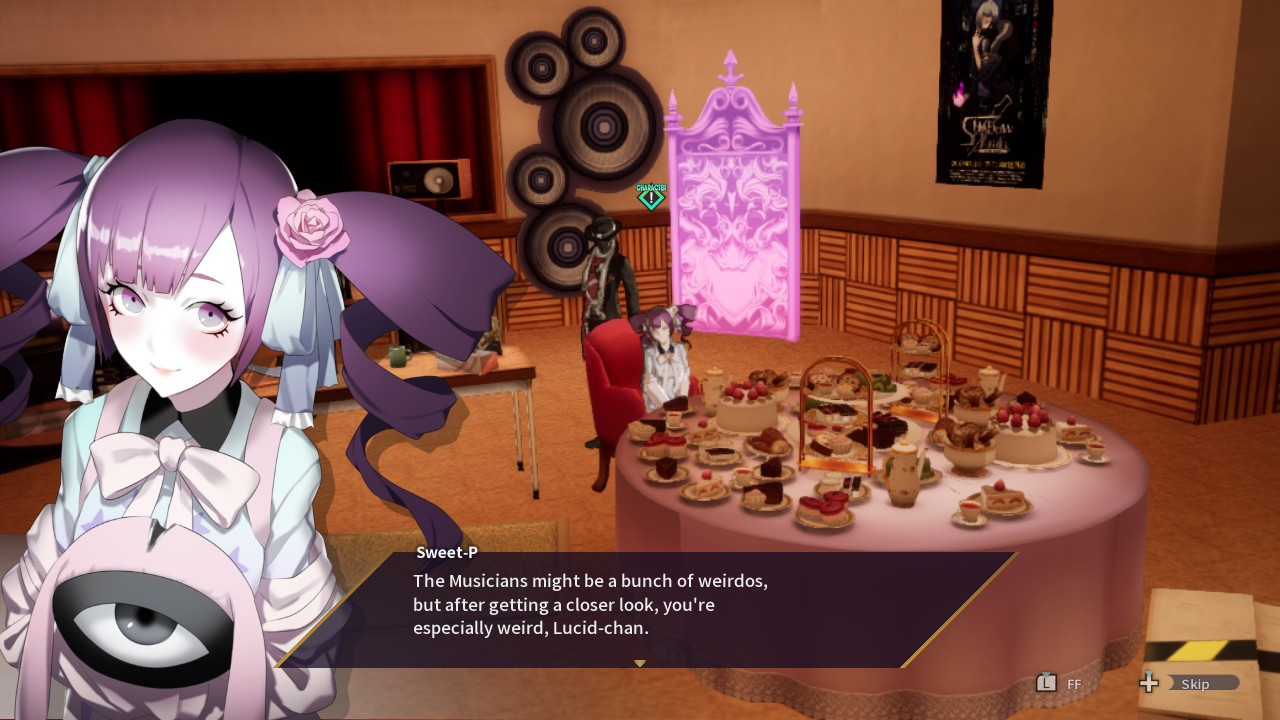
No one did anything to make me believe in their characters and because I could not even believe in their performances, I couldn’t possibly believe in their struggles.
I am genuinely upset that there was almost nothing in Caligula Effect: Overdose that hooked me. The idea of having to befriend hundreds of your fellow classmates was interesting, but it was nothing but boring, copy-paste busy work that doesn’t feel fun or beneficial in any way.
The story never hooked me, the characters were never likable, and the combat’s novelty was wasted on the fact it felt like most of my fights were too fast to enjoy.
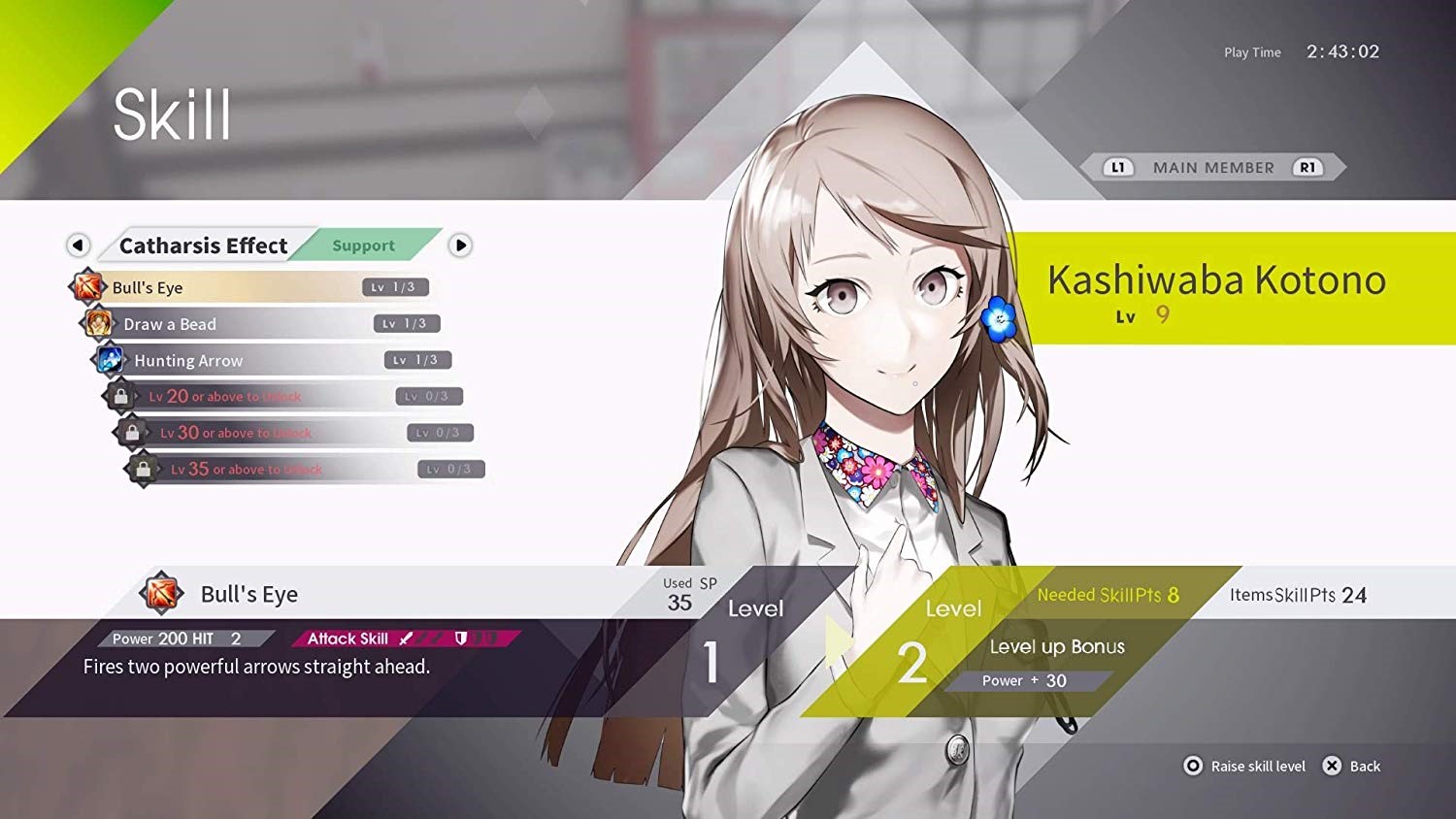
The performance on the Switch was middling to terrible. The music and sound design was grating and made me turn the volume off. I am glad that I had a chance to try the game out blind, but I am sad to say this is one RPG that I will likely never touch again.
Still, I’m always eager to see what a developer has in store for me in the future, and I’ll hold out hope that they’ll be knock it out of the park next time.
The most irritating thing about Caligula Effect: Overdose is that in spite of me having been critical of it in my review, the fact that I did not enjoy it, or that I struggle to think of any positives, the game feels so middle-of-the-road that giving it any lower of a score would just feel unfair.
Caligula Effect: Overdose was reviewed on Nintendo Switch using a review copy provided by NIS America. You can find additional information about Niche Gamer’s review/ethics policy here.